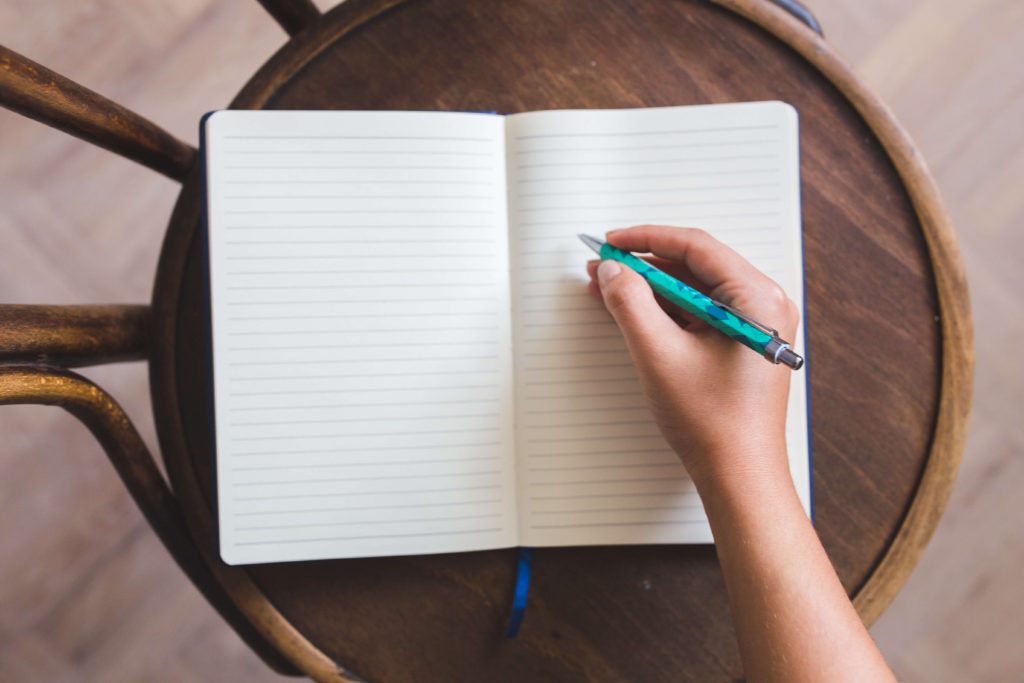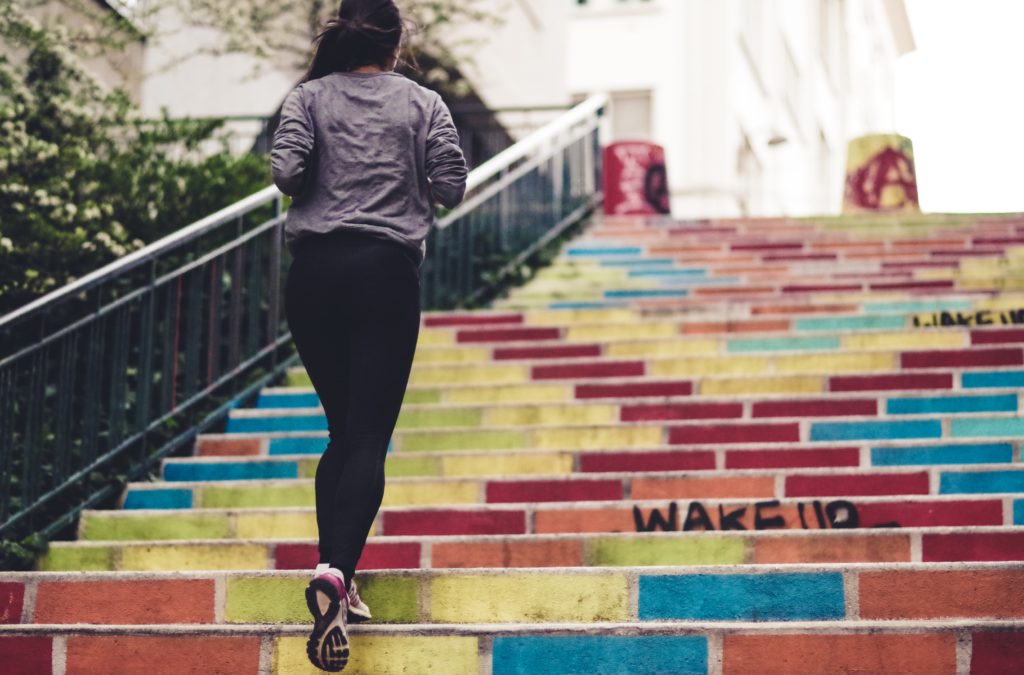The spread of COVID-19 has become an unprecedented, worldwide pandemic. According to Johns Hopkins University, as of October 2020, more than 40 million people worldwide have been infected with the virus, with over one million deaths. In the midst of all this, some people are now suffering from what’s described as “pandemic depression.” Anxiety, depression, and pent up frustration creates an imbalance in our mental health. In times facing COVID-19, taking care of our mental health and wellbeing becomes essential to prevent these symptoms. Many of us are looking for solutions that can help us through these tough times whether it’s creating new healthy habits or relying on new forms of counseling.
Precisely how should we take care of our mental wellbeing and what are the new technologies that we can rely on? We’ll introduce 3 easy habits to implement as well as the possibilities of an artificial intelligence app that can support your mental health care journey!
Contents
Pandemic Depression Symptoms During COVID-19

Throughout the pandemic, there have been numerous reports on varying symptoms:
・Poor sleep
・Poor appetite
・Prolonged low moods
・Difficulties going to work or school
・Lack of motivation in work, studies, or housework
・Diminished focus leading to increased mistakes
・Diminished enjoyment in previously fun activities
・Increased consumption of alcohol or tobacco products
There are many other symptoms, but in general, the more of these symptoms that apply, the higher the risk of developing depression.
Excessive worry and overcautiousness can also cause additional stress. In a study across the elderly population in Japan, one woman reported that she wakes up many times throughout the night to make sure her sense of smell is still functional. She lost her job due to the spread of COVID-19, and when she finally found a new job, she was nervous about whether or not she was infected before her first day of work.
Many of us have become more sensitive to the little things, more easily irritated, and more short-tempered. This pandemic has changed our lives so drastically. The challenges in adapting to these new circumstances could manifest into increased sensitivities to what we were okay with previously. This is why we could be much more susceptible to depression than usual.
3 Ways to Prevent Pandemic Depression
Regular stress relief becomes essential to avoid pitfalls into depression. Below are three useful techniques for relieving stress.
1. Write Down Anxieties

Write down all fears and worries that come to mind on a piece of paper. Then, divide them into two groups of “resolvable” and “unresolvable.”
The COVID-19 pandemic is something that no one could have predicted. Sometimes there are limitations to what we can resolve under these unforeseen circumstances beyond our control. Make the decision to let go of what cannot be fixed and focus on what’s possible. Organizing these thoughts will help calm the mind because it visually clarifies our fears. Once we’re clear on our next steps towards bettering a situation, our follow up action will help combat these depressive states.
An easy stress relief method similar to this is the “negativity trash can” technique. It’s as simple as writing down the negativity we feel and physically throwing it away. It can be practiced simultaneously, so give it a try as well!
2. Journaling to Create Healthy Routine Habits

Keeping a daily journal is known to improve mental health. Journaling helps reconsider the way we live our lives and assists in stabilizing healthier routine habits. This can serve as a deterrent to excessive drinking, mild addictions, and binge eating.
A color-coded format for journaling is encouraged. For example, we can categorize by color:
- Black ink for work-related
- Blue ink for family relationships
- Yellow ink for personal matters
- Red ink for health-related
This way, it’s easier to reflect and reevaluate the activities we go through and develop alternative ways to make improvements.
3. Exercise

The spread of COVID-19 has made it challenging to communicate in person. As a result, many of us have fewer opportunities for physical activity.
Here’s an interesting study result. A large cohort study in the United Kingdom in 2020 found that people who walked slower had about a 66% higher risk of contracting COVID-19 than those who walked faster. It’s still unclear what the causal relationship is between walking speed and the risk of infection. Yet, studies have shown that walking speed is closely related to aerobic capacity. People with high aerobic capacity are reported to have higher respiratory, circulatory, and immune function, which suggests that people with slower walking speed may be more susceptible to infection due to lower levels of these functions,
Physical exercise is known to help with depression and improve our mental state. A lack of exercise can lead to various adverse effects, such as hormone imbalance and sleep disturbances. As we spend more time indoors, we need to find creative solutions to keep ourselves physically active while maintaining social distance regulations.
Surviving Pandemic Depression with an AI Counseling App
Unlike physical discomforts, mental discomforts are much more difficult to recognize. If discomforts persist and you still feel “off,” don’t be afraid to ask for help. The special circumstances and restrictions under COVID-19 can quickly cultivate a state of isolation and depressive moods. Make sure to communicate with family and friends by phone, email, and social media. Don’t be afraid to reach out to a specialist if support is necessary. There are plenty of online counseling services and medications available, so don’t hesitate to consult a doctor.
However, some people may feel uncomfortable talking to friends, family, or a counselor. For such people, we recommend an artificial intelligence (AI) counseling app. In the era we live in now, an AI can easily provide personalized counseling and support our daily journey towards bettering our mental health. Since it’s an AI app, there’s no fear of judgment, and we can seek help anytime, anywhere, whenever the need arises. SELFMIND is a fantastic AI counseling app if you’re facing mental struggles and have no one to talk to.
Let’s make sure we care for our mental health as we survive through this pandemic and navigate through the mental pitfalls.

If you’re looking for more tips on how to care for your mental health, check out some of our past blog posts!
→ Looking to improve your mental health? Try the SELFMIND app FREE for a week!
Image: Unsplash
Reference:
Kimura, M., Ojima, T., & Kondou, K. (2020). Implications for Older People’s Lifestyle During the Coronavirus Disease (COVID-19) Pandemic: The Japan Gerontological Evaluation Study (JAGES). Japanese Journal of Health & Research, 41, 3-13. doi:10.32279/jjhr.20200602



